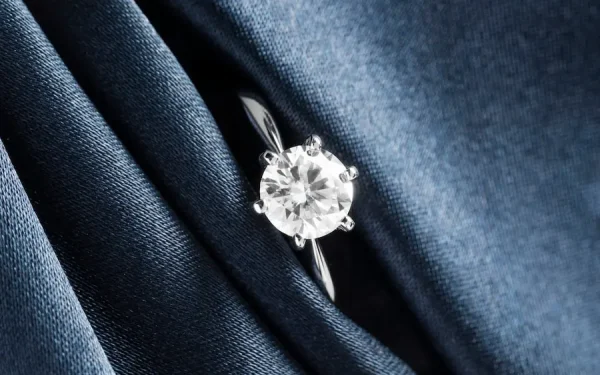Reasons of Teeth Grinding While Sleeping

Most people probably sometimes grind or clench their teeth. Bruxism, which is the medical term for grinding your teeth, usually doesn’t do any harm. However, if you grind your teeth often, it can damage your teeth and cause other problems with your oral health.
People grind their teeth for many reasons.
Even though stress and anxiety can cause teeth grinding while sleeping, it usually happens at night and is likely caus by an abnormal bite or missing or crooked teeth. Sleep problems like sleep apnea can also cause it.
How can I tell if I clench or grind my teeth?
People don’t know they grind their teeth because it often happens while they sleep. People often find out that they grind their teeth at night from a loved one who hears them.
Symptoms
- Teeth grinding or clenching, which could be loud enough to wake up your sleep partner
- Teeth that are broken, chipped, worn down, or loose
- Your tooth enamel has worn away, letting deeper layers of your tooth show.
- More pain or sensitivity in the teeth
- Jaw muscles that are tired or tight, or a jaw that won’t open or close all the way.
- aches or pains in the jaw, neck, or face
- It feels like you have an earache, but there’s nothing wrong with your ear.
- Getting a dull headache in the temples.
- When you chew on the inside of your cheek, it can cause damage.
- Sleep disruption
- People grind their teeth for many reasons.
- People grind or clench their teeth for many reasons, but the two most common ones are:
- A lot of stress and worry (during waking hours)
- Airway Problem (during sleeping hours.) We can check for sleep problems and how well you sleep.
How a night guard can help if you grind your teeth at night
Because the reasons why people clench and grind their teeth vary so much from person to person, it is important to know WHY they are doing it before you can treat it. Dr. Forester has a lot of training that helps him find the cause and suggest the best solution for each patient.
There is no night guard that fits everyone. Most of the time, the soft guards you can buy at the store that look like sports mouthpieces make it worse for patients because they make their muscles bigger and cause more damage.
How to Treat Bruxism
Most people don’t need treatment for teeth grinding because it’s either a habit they grow out of, or it never gets bad enough to need help. In severe cases, the symptoms of bruxism can be helped by a number of dental procedures, medicines, and therapies, such as:
Guards for the mouth or braces. These small tools are made to separate your teeth and stop the damage from happening when you clench, rub, or grind your teeth. Most of the time, they are made of acrylic and are put over the upper or lower teeth.
If the grinding has made your teeth more sensitive or changed the way you chew, your dentist may need to reshape the surface of those teeth or put crowns on them.
People who grind their teeth often are often given muscle relaxants. Your doctor might tell you to take these before you go to sleep.
If bruxism is caused by a mental disorder, your doctor may give you anti-depressants to treat the symptoms of anxiety or depression, which will make teeth grinding less of a problem.
People who don’t get better with other treatments may benefit from Botox injections. The injections freeze the muscles in the jaw, which makes it harder to clench and grind the teeth.






